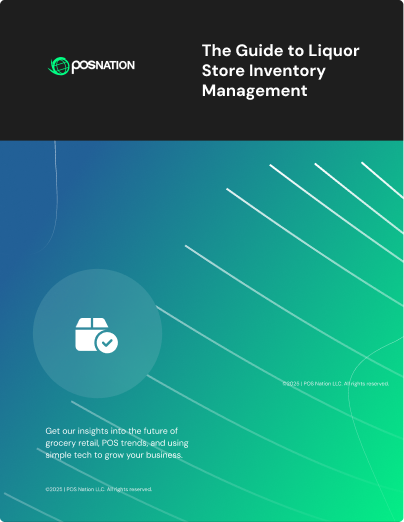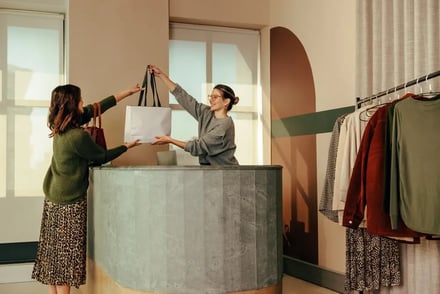A Changing Point of Sale Landscape
The advent of tablet POS systems has dramatically changed the point of sale market in the past decade. From restaurants to boutiques, tablets have found their way into a variety of commercial environments.
What's so great about tablets?
Tablets are small, sleek, and sexy. They're also small and mobile, so if space is a limitation or you need to carry around your POS system, then tablets can be very beneficial hardware to have.
What is the downside of using tablets?
Tablets were designed for consumer applications and can take a beating in commercial environments. Imagine a bartender punching in an order with an empty beer bottle in hand during happy hour. Tablets can also have limited internet connectivity and depend on WiFi or a cellular signal. Most tablets also lack horsepower and offer inferior processors to larger computers.
Are tablets just a bunch of hype?
Not necessarily. Tablets definitely have their place, but we don't envision traditional terminals becoming obsolete any time soon. In addition to tablets themselves, there's also an entire sub-industry of tablet-based software platforms — but that's an entirely different Q&A session.
How do you recommend using tablets?
As mentioned, we don't support the replacement of traditional POS terminals with tablets for the sake of looking cool. Instead, we recommend using tablets to augment your current operations. We've sold tablets for numerous situations, but below are the most common scenarios where we see tablets add value:
- Small Footprint: Tablets are small and sometimes space is just limited. Like the banner picture above, tablets can be placed into docking stations and act as a low-profile POS system.
- Line Busting: Tablets are great for busting the line during busy times.
- Mobile Wait Staff: The wait staff can take orders from anywhere in the restaurant and immediately send them to the POS from a tablet.
- Receiving Inventory: Many retailers use tablets to receive inventory in their stock room. Instead of counting each item, they can scan them directly to the point of sale.
- Trade Shows: Retailers have also used tablets to run transactions at trade shows and other temporary sale sites.
We estimate that 80 percent of the customers and prospects that call asking about tablets actually don't get one. Most of the time, when we ask why someone wants a tablet POS, they really can't put forth a legitimate business reason beyond the appearance. Once we actually walk through the business scenario, most people decide against tablets.





 by Cort Ouzts
by Cort Ouzts

 by Spence Hoffman
by Spence Hoffman

